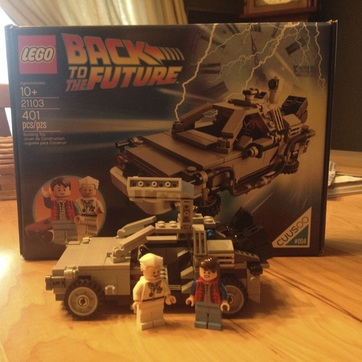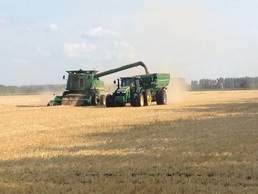We all came back with broader minds, but there was one comment from the Hmong village that stuck with me. At the Hmong market, there aren't many signs about "organic" or "cage free eggs" or "pesticide free." It's not your usual farmers market where farmers are usually putting up signs about all the great attributes about their food. One of our group members is Hmong, and she said they don't need labels. Labels are just replacements for relationships. If you know the grower, you don't need a label. Let me repeat that: Labels are just replacements for relationships.
I thought back to the global market I visited, and sure enough, the immigrant booths really didn't have much for labels. You could buy mexican, or middle east food without looking at labels. The baklava look delicious in the box and it was a just a simple box. The meat was labeled Halal, but that is a necessary distinction.
It was only the more traditional American food stands that had labels. There were free range chickens and eggs, Minnesota honey, and locally produced cheeses. I still have my doubts about the gluten free pasta that was made with "locally sourced brown rice." We have wild rice in MN, but I've never seen brown or white rice in Minnesota. Maybe someone reading this can help me find a brown rice field in Minnesota.
So think about the labels next time you buy food. We need labels because we don't have relationships with the growers. Whenever I support GMO food, I get called a shill for Monsanto. Whenever I mention I'm a wheat farmer, I'm told that the new varieties of wheat are evil because they cause gluten intolerance. And now autism is added to the evils of wheat. Maybe if people had relationships with farms, they'd understand farming, and say thanks for the food.


 RSS Feed
RSS Feed